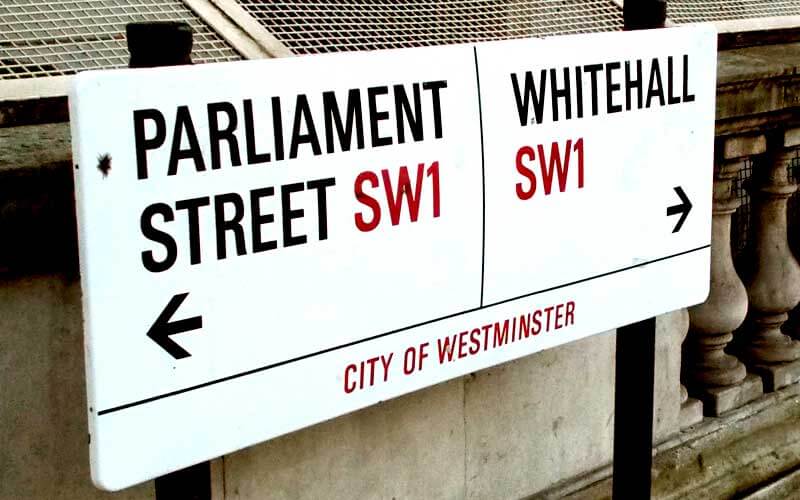The government’s new mental capacity act – which has now become law – is still flawed and is a prime example of how not to design disability-related policy, according to a leading disabled people’s organisation.
The Mental Capacity (Amendment) Act became law last Thursday (16 May) when it received royal assent.
It will introduce a new system, Liberty Protection Safeguards, which will replace the crisis-ridden Deprivation of Liberty Safeguards and will apply to service-users who are said to need to have restrictions placed on their liberty as part of their care but are considered to be unable to consent to those arrangements.
At one stage, Inclusion London and People First (Self Advocacy) described the bill as “potentially dangerous” as it was passing through parliament, with concerns that it would weaken disabled people’s rights.
Although some concessions were made after repeated flaws in the bill were highlighted, there are still concerns that the act fails to offer enough protection to disabled people.
The Department of Health and Social Care (DHSC) said the safeguards would have “vulnerable people at their heart, and will streamline existing care planning processes to reform a backlogged and bureaucratic system”.
It will now consult on a “comprehensive” code of practice, and said it was working with “a wide range of organisations to ensure these reforms truly promote and protect vulnerable people’s liberty”.
DHSC was repeatedly criticised throughout the bill’s process through parliament for its failure to consult with disabled people and their organisations over its contents.
It previously admitted in a freedom of information response to Inclusion London that it failed to consult any organisations led by disabled people while drawing up the bill.
Instead, it resorted to discussions with big charities like Mencap and Sense, which are run and controlled by non-disabled people, a clear breach of the UN Convention on the Rights of Persons with Disabilities.
Svetlana Kotova, coordinator of Inclusion London’s Disability Justice Project, said: “This act is an example of how the government should not design its policy.
“It was developed with very little consultation with disabled people and DDPOs [Deaf and disabled people’s organisations], despite the clear requirement in the UN Convention on the Rights of Persons with Disabilities.
“The act was rushed through parliament, allowing very little engagement and scrutiny by those who will be affected by it.
“Although the government was under pressure and at the end had to concede on many important issues, we are still concerned that the system introduced by the Mental Capacity (Amendment) Act does not offer sufficient protection of disabled people’s right to liberty.
“There is no duty to promote liberty and make sure support is put in place in the community [to prevent people being stuck in, or forced into, institutions].
“There is still limited access to independent reviews and not enough support to challenge deprivation of liberty decisions.”
She added: “The government has left too many important issues to be clarified in the code of practice and we are very disappointed that so far the DHSC has not set up an accessible mechanism to engage people with learning difficulties and DDPOs [on the code of practice].”
A note from the editor:
Please consider making a voluntary financial contribution to support the work of DNS and allow it to continue producing independent, carefully-researched news stories that focus on the lives and rights of disabled people and their user-led organisations.
Please do not contribute if you cannot afford to do so, and please note that DNS is not a charity. It is run and owned by disabled journalist John Pring and has been from its launch in April 2009.
Thank you for anything you can do to support the work of DNS…

 ‘We will not give a single inch,’ disabled activists vow, as Kendall publishes disability cuts bill
‘We will not give a single inch,’ disabled activists vow, as Kendall publishes disability cuts bill ‘Real danger’ that disabled people will not benefit from £39 billion for social and affordable homes
‘Real danger’ that disabled people will not benefit from £39 billion for social and affordable homes Benefit cap could see countless PIP claimants left homeless after cuts, but DWP has no idea how many
Benefit cap could see countless PIP claimants left homeless after cuts, but DWP has no idea how many